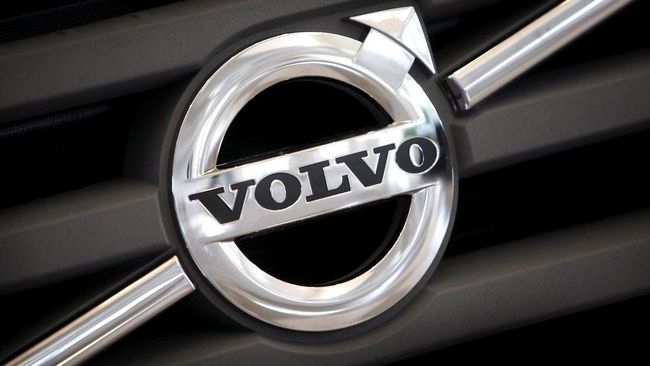In a surprising turn of events, Volvo Cars is reportedly planning to lay off approximately 3,000 employees as part of a major restructuring initiative. This leaked information has sparked widespread concern across the global automotive sector, especially as the industry continues adapting to electric vehicle (EV) transitions and economic uncertainties.
According to sources close to the company, the layoffs could affect both white-collar and blue-collar workers, with a significant portion expected to come from Volvo’s operations in Europe and Asia. If confirmed, this move would mark one of the company’s largest workforce reductions in recent years.
🔎 Why Is Volvo Cutting Jobs?
Several factors appear to be driving Volvo’s decision to downsize its workforce:
- Accelerated EV Transition
Volvo is aggressively shifting towards full electrification, aiming to become a fully electric carmaker by 2030. This transformation requires a different set of skills and fewer roles in traditional manufacturing and internal combustion engine (ICE) development. - Cost-Cutting Measures
As global inflation continues to impact supply chains and production costs, Volvo is under pressure to streamline operations. The company reportedly aims to reduce fixed expenses and improve long-term profitability amid tightening margins. - Automation and Digitalization
Additionally, advancements in automation and AI have reduced the need for certain manual and administrative tasks, making some roles redundant. The automotive sector, in general, is leaning toward leaner and more tech-driven workforces.
🌍 Global Reactions and Worker Concerns
News of the potential layoffs has triggered a wave of anxiety among Volvo employees and unions. Labor groups in Sweden, the company’s home country, have called for immediate transparency and dialogue.
Internationally, industry analysts have noted that this move reflects a broader trend among automakers facing growing competition and rising EV development costs. Similar job cuts have been observed at other companies like Ford, Stellantis, and Volkswagen in recent months.
Moreover, many fear the long-term effects of these layoffs, not just for the workers but for the economies of regions heavily reliant on automotive employment.
📈 What’s Next for Volvo?
While Volvo has yet to release an official statement confirming the layoffs, insiders suggest the announcement could come in the next fiscal quarter. If true, the company will likely unveil a comprehensive restructuring plan, detailing how the remaining workforce will be realigned with Volvo’s future goals.
Analysts believe that Volvo will invest more in software development, battery technology, and digital mobility services. These areas are seen as crucial for the brand’s competitiveness in a rapidly evolving EV landscape.
🧠 Final Thoughts: A Necessary Move or a Risky Gamble?
Volvo’s rumored decision to cut 3,000 jobs is undeniably bold—and controversial. While it may strengthen the company’s long-term focus on EVs and innovation, the human and economic costs cannot be ignored.













